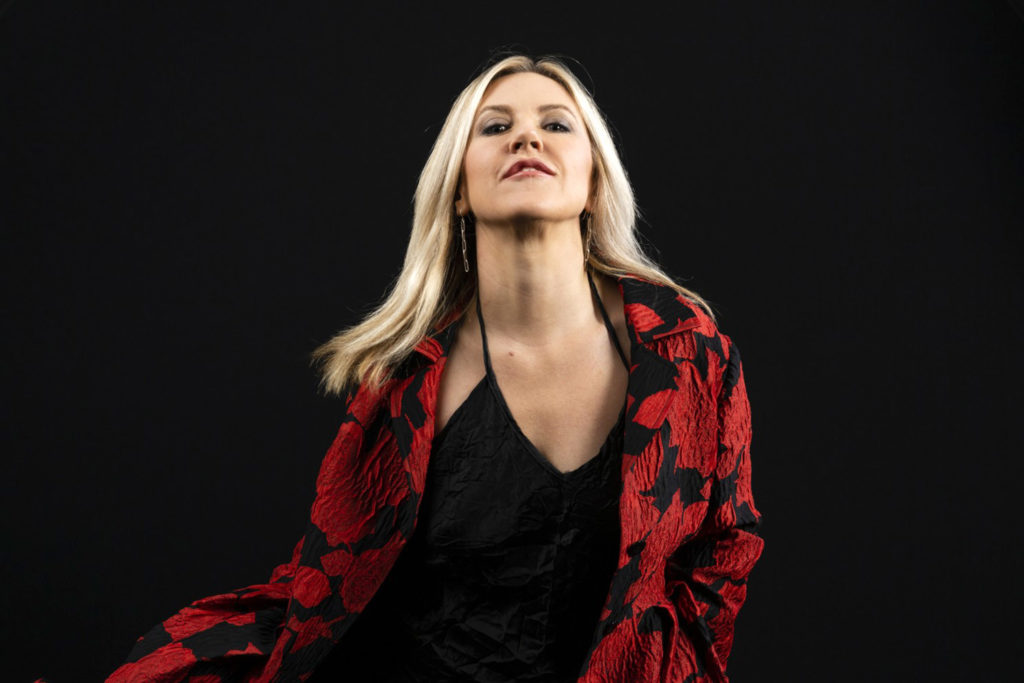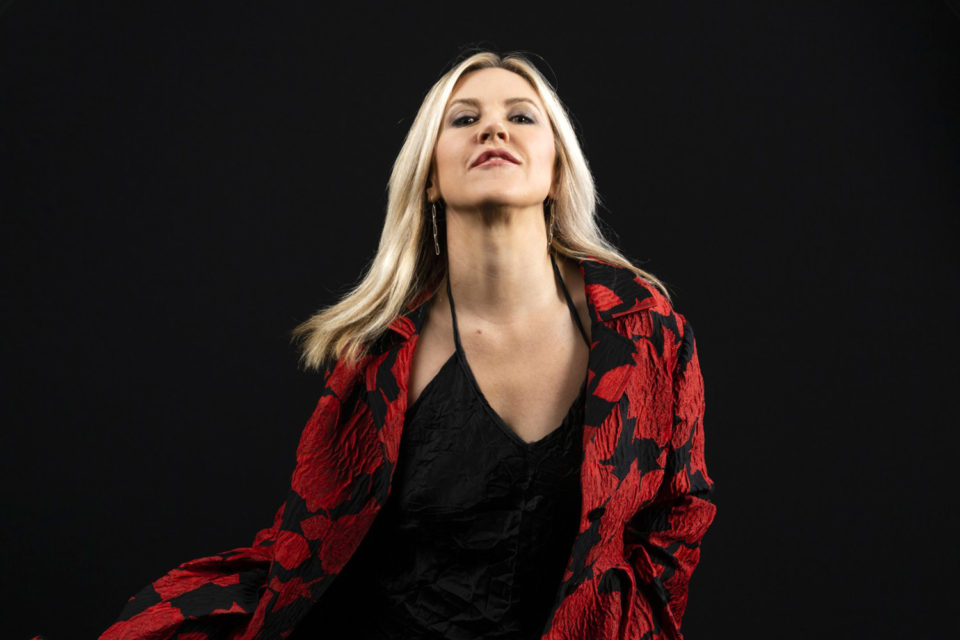By Andrew Dalton
Chicago Sun-Times, October 13. 2019

When she began writing her new memoir, Liz Phair says she realized she wanted to tell inside-the-mind stories, not behind-the-scenes stories.
“I’m more interested in the life of a human being than I am about a path to career success,” says the 52-year-old singer-rocker-songwriter whose book “Horror Stories” (Random House, $28) was just released. “I’ve never been the kind of person that read those types of memoirs. So, for me, I like the internal world, the life of the mind. So that’s the kind of memoir that I chose to write, just naturally.”
For more than a quarter century since her landmark first album “Exile in Guyville,” Phair, who grew up in and first made her mark in music in Chicago, has swerved between cult status and larger stardom, between deep-dive indie albums and pop near-hits. She’s made choices that thrilled some fans and confounded others.
But “Horror Stories,” which stretches from childhood to her 50s, gives virtually none of the play-by-play behind all that. Instead, Phair focuses on moments that might seem insignificant but have proved difficult to forget in a book that’s less a rockstar memoir than it is a memoir that happens to have been written by a rock star.
It’s filled with personal essays reflecting on everything from divorce to the birth of her son to climbing trees on her grandparents’ property to her night helping a drunken girl in a public bathroom who looked like she needed a hand.
“I had to kind of really go into the recollections that had stuck with me that were really unresolved in a way, kind of still haunting me,” Phair says.
Prince’s death was one reason she decided to write the book.
“When these great music legends die, you realize how much they meant to you and how much they shaped your career,” she says. “And it gets you thinking about your own legacy. I believe there’s a power to being open and connected to your emotions, acknowledging what’s happened to you.”
Like memory itself, the essays in “Horror Stories” jump in time and shift from haziness to clarity, often leaving out the year that what she’s writing about happened or other grounding details.
“To me, the interesting parts about life are the things you can’t look up,” Phair says. “I want to know how you felt. I want to know what you were going through. That’s the part that I can’t get by Googling.”
She says the writing was so lonely compared to making and performing music that at times she “went cuckoo.” But she also took comfort in how much putting her thoughts to paper resembled putting her thoughts to music.
“I treated these as if they were songs,” she says. “I made a collection of short stories as if it were a long-form album.”
She’s far from finished making actual albums. A new record that she made with the team behind “Exile in Guyville” has just been announced, and the first single, “Good Side,” is just out.
Phair says her publishers were hands-off in allowing her to take her novel approach to the book, though they urged her to talk about the #MeToo movement. The resulting essay, by far the timeliest chapter in the book, opens with her reluctance to address the subject, describing her reaction to reading women’s stories of Ryan Adams’ sexual misconduct, which he has denied.
Phair, who does not use Adams’ name in the book but has acknowledged in interviews she’s talking about him, worked on an aborted album with the rocker. She writes that he “hit on” her but did not treat her as badly as other women say he did, nor behave as poorly as many other men have toward her.
In the essay, Phair’s hesitance gives way to a flood of memories of sexual mistreatment, of times men stalked her through airports or forced themselves on her in business meetings.
“It was an overwhelming experience to go back and try to list all the traumatic things that had happened to me, whether it’s sexual harassment in the workplace or just predatory men when I was younger,” Phair says. “There are things that either I had not told anyone about or had tried to compartmentalize and put on a shelf. But once I started to open up all the boxes of memories, I really just wanted to throw them all out of the closet on the floor and just be like, ‘And this one, and this one, and this one, and this one.’ It’s not unrealistic to most women’s experience. We have dozens and dozens and dozens of them.”
“We are full,” she writes. “We can’t hold any more.”
Featured Image: Photo by Willy Sanjuan / Invision / AP










